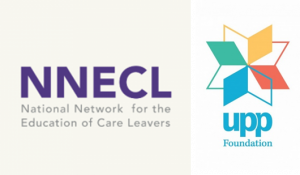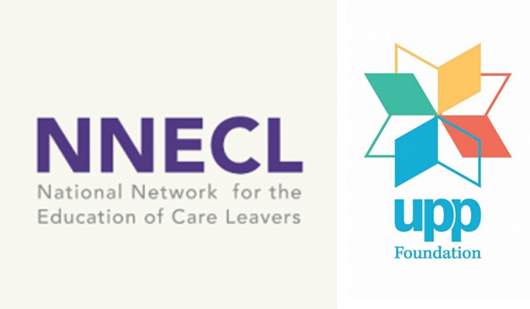Alliance members Kingston and Oxford Brookes are two of the eight universities piloting a new project announced today to improve the support received by care leavers in higher education.

Currently only 12% of care leavers progress to higher education and these students are twice as likely to drop out than their contemporaries. The government has already called for this issue to be addressed through personal and financial support. This scheme, funded by the UPP foundation and in partnership with The National Network for the Education of Care Leavers (NNECL), hopes to confront this issue head on.
The pilot will see eight universities, including Kingston and Oxford Brookes, develop and test a new quality framework to help them recruit and retain more student care leavers and ensure that they are fully supported, both personally and financially, during their time at university. We are proud that Alliance Universities are at the forefront of tackling this hugely important and often overlooked issue.
Professor Anne-Marie Kilday, Pro Vice-Chancellor Student and Staff Experience at Oxford Brookes University, said: “We are proud to be amongst the first universities working to support care leavers through this innovative pilot project. Oxford Brookes remains committed to ensuring that everyone has access to higher education regardless of their background and this initiative will help us to positively influence the support available across the sector.”
Steven Spier, Vice Chancellor of Kingston University said, “For too long now the levels of participation in higher education for young people from a care background have been shockingly low – and those who do go to university are almost twice as likely to drop out.
“The work that Kingston University has done through its KU Cares programme, which supports care leavers, young adult carers and estranged students to take full advantage of the opportunities offered by higher education, shows this doesn’t have to be the case. Indeed, the continuation rates for those supported through the University’s KU Cares programme are now higher than the overall student population. They are extremely motivated students who have overcome real hardships and make an important contribution to the diverse learning environments on our campuses.
“This pilot project is a welcome step towards ensuring they are provided with the support to succeed. We hope it will provide a strong framework to improve access and outcomes for care leavers across the higher education sector.”




